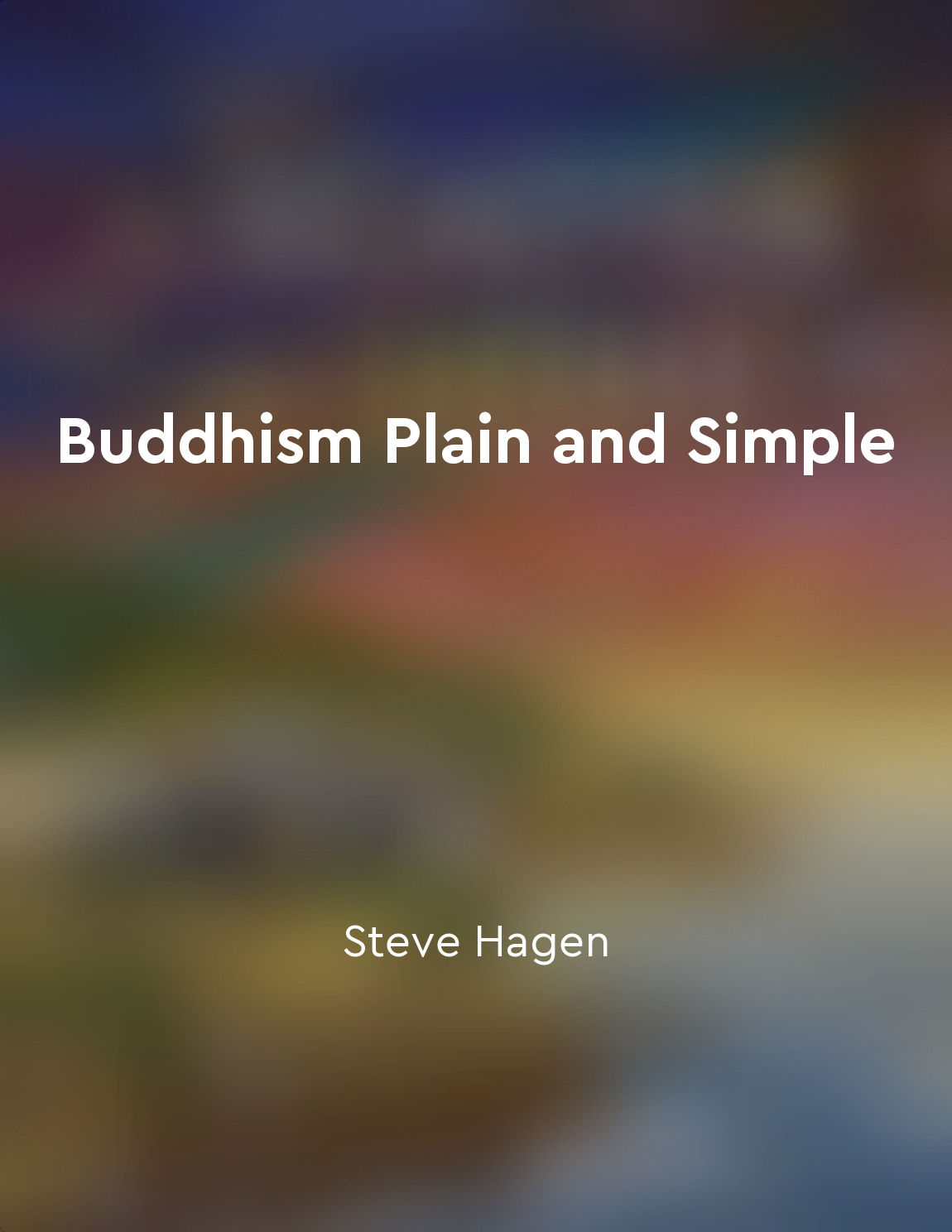Mindfulness involves paying nonjudgmental attention to the present moment from "summary" of The Mindful Brain: Reflection and Attunement in the Cultivation of Well-Being (Norton Series on Interpersonal Neurobiology) by Daniel J. Siegel
Mindfulness involves paying nonjudgmental attention to the present moment. When we practice mindfulness, we are directing our awareness to what is happening in the here and now without letting our judgments cloud our perception. This means observing our thoughts, emotions, sensations, and surroundings with curiosity and openness, rather than with criticism or evaluation. By cultivating this attitude of nonjudgmental awareness, we can begin to see things as they truly are, without the distortions of our preconceived notions or biases. This allows us to respond to situations with greater clarity and wisdom, rather than reacting impulsively based on our conditioned patterns of thinking and behaving. Mindfulness invites us to become fully present in each moment, experiencing life as it unfolds without getting caught up in regrets about the past or worries about the future. This present-centered awareness helps us to break free from the cycle of rumination and speculation that often leads to stress, anxiety, and unhappiness. When we practice mindfulness, we are training our minds to be more attuned to the present moment, which can have profound effects on our mental and emotional well-being. By paying attention to our thoughts and feelings without getting swept away by them, we can develop greater self-awareness and emotional regulation, leading to increased resilience and a greater sense of inner peace. In essence, mindfulness is about learning to be with whatever is arising in the present moment, whether it is pleasant, unpleasant, or neutral, without trying to change it or make it different. It is a practice of acceptance and equanimity, allowing us to meet each moment with an open heart and a clear mind.- We can cultivate a deeper connection to ourselves and the world around us, fostering a sense of unity and interconnectedness that can lead to greater compassion, empathy, and overall well-being. Mindfulness is not just a mental exercise; it is a way of being in the world that can transform our relationship to ourselves and others.
Similar Posts
Discover the beauty within
The beauty that is within you is not something that you have to seek outside. It is not something that you have to find in the ...
Focus on strengths
When facing challenges or setbacks, it is natural for people to dwell on their weaknesses and shortcomings. This tendency often...
Cultivate a sense of gratitude for the gift of life
It is said that gratitude is the most profound way to connect with life. And in the end, all we have is this moment of being al...
Living in the present moment is the key to true happiness
Living in the present moment is the key to true happiness. When you are fully present, you are not worrying about the past or t...

Silence the mind to find inner peace
When we sit down to meditate, we're not trying to make anything happen. We're simply sitting and paying attention to what's goi...
Kindness creates a ripple effect of positivity
In a world where negativity often seems to dominate the headlines, it can be easy to lose sight of the power of kindness. Howev...
The practice of generosity is an important aspect of Buddhist spirituality
Generosity holds a central place in the spiritual path of Buddhism. The act of giving without expecting anything in return is s...
Develop a strong sense of self
To truly break the habit of being yourself, it is essential to develop a deep and unwavering understanding of who you are at yo...
Selfcompassion is not about self-pity or self-indulgence
Self-compassion is fundamentally different from self-pity and self-indulgence. Self-pity is more about feeling sorry for onesel...
Connect with the essence of who you are
To connect with the essence of who you are means to tap into the core of your being, the fundamental truth that defines your ex...

